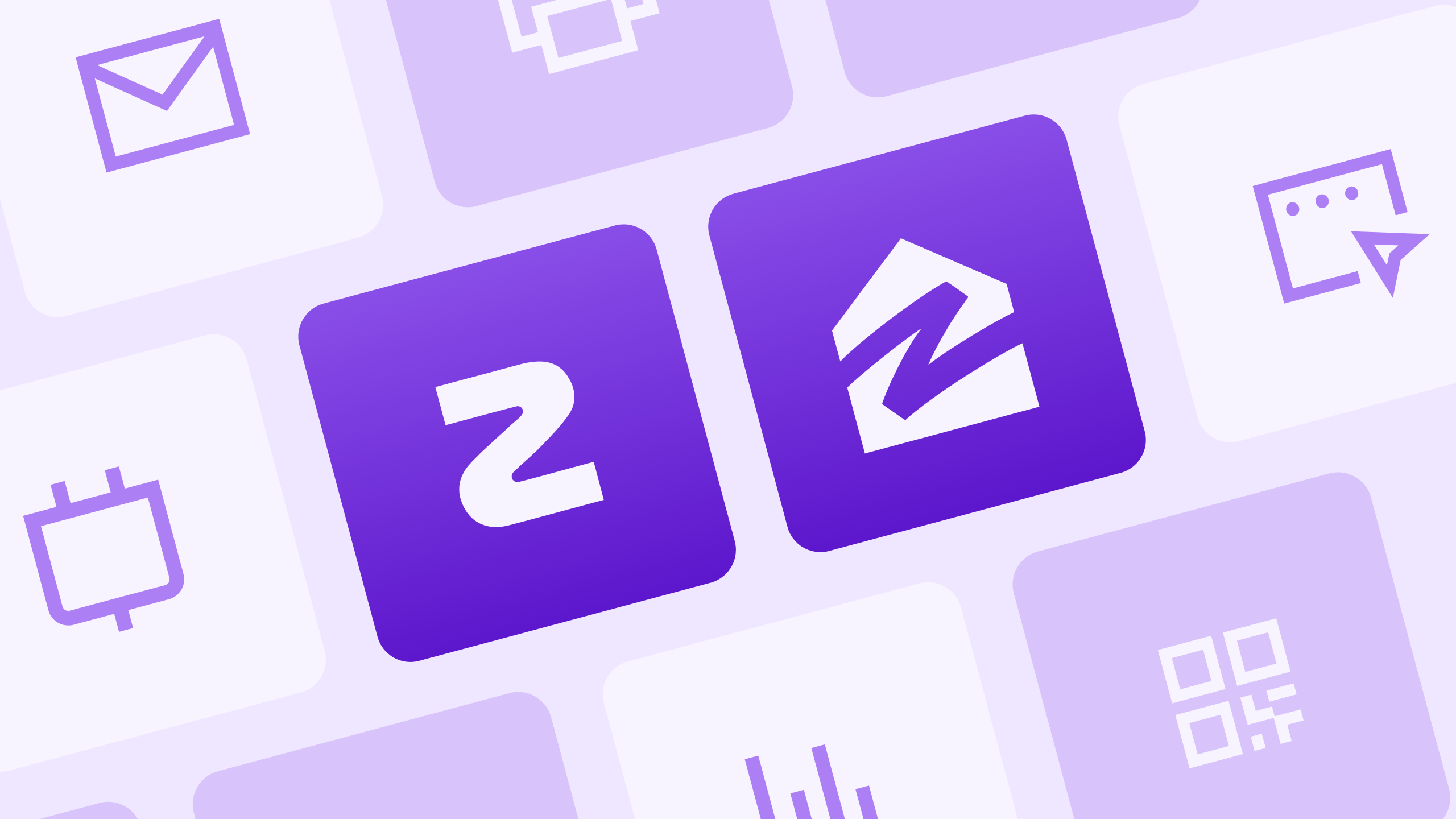Virtual events have become essential to the B2B marketing mix, allowing businesses to connect with potential customers, partners, and industry influencers. However, many B2B companies still see virtual events as a way to generate leads rather than a tool that can be used throughout all stages of the marketing funnel. In this blog post, we will explore how virtual events can be used in all marketing funnel stages and how they can be leveraged to drive leads, conversions and customer loyalty.
The first stage of the marketing funnel is awareness
Virtual events can be used to create awareness about a brand, product or service. This can be done through webinars, virtual trade shows, and virtual conferences. These types of events can be used to educate potential customers about the benefits of a product or service and provide them with valuable information that can help them make informed decisions.
The next stage is interest.
Virtual events can be used to generate interest in a product or service by providing attendees with in-depth information, interactive demonstrations and live Q&A sessions. In addition, virtual product launches, webinars, and virtual trade shows can generate interest by showcasing a product's unique features and benefits.
The third stage of the marketing funnel is a consideration.
Virtual events can be used to help potential customers consider a product or service by providing them with detailed information and case studies. Virtual trade shows, webinars, and virtual conferences can provide attendees with detailed information about a product or service and how it can help them achieve their business goals.
The fourth stage of the marketing funnel is conversion.
Virtual events can be used to convert potential customers into paying customers by providing them with special offers, discounts, and promotions. For example, virtual trade shows, webinars, and virtual product launches can provide attendees with special offers, discounts and promotions that can help them decide to purchase a product or service.
The last stage of the marketing funnel is loyalty.
Virtual events can be used to build customer loyalty by providing them with ongoing education, support, and engagement. For example, virtual user groups, webinars, and virtual conferences can provide customers with ongoing education, support, and engagement, which can help them stay loyal to a brand, product or service.
In conclusion, virtual events can be used as an effective tool throughout all marketing funnel stages, from awareness to loyalty. By understanding how virtual events can be leveraged in each stage of the funnel, B2B event marketers can effectively use them to educate potential customers, generate interest, drive conversions, and build customer loyalty.
Virtual events can be tailored to suit the needs of each stage of the funnel, whether through webinars, virtual trade shows, virtual product launches, or virtual user groups. By utilizing virtual events as a part of the overall marketing strategy, businesses can increase their reach, generate leads, and boost conversions.
It's important to remember that virtual events are not a one-size-fits-all solution, and B2B companies should evaluate the advantages and disadvantages of each type of event and choose the one that best suits their needs. Overall, virtual events can be a powerful tool for businesses of all sizes to connect with their target audience, generate leads and drive conversions.
Zuddl is a unified platform for events and webinars that helps b2b event marketers plan and execute events that drive growth. The platform has clients across the globe, such as the United Nations, Kellogg’s, Microsoft, HSBC, VMware, Google, StackCommerce and Cipla amongst others. In January 2022, Zuddl announced that it closed $13.35 mn in Series A funding.
Subscribe to our blog now!









